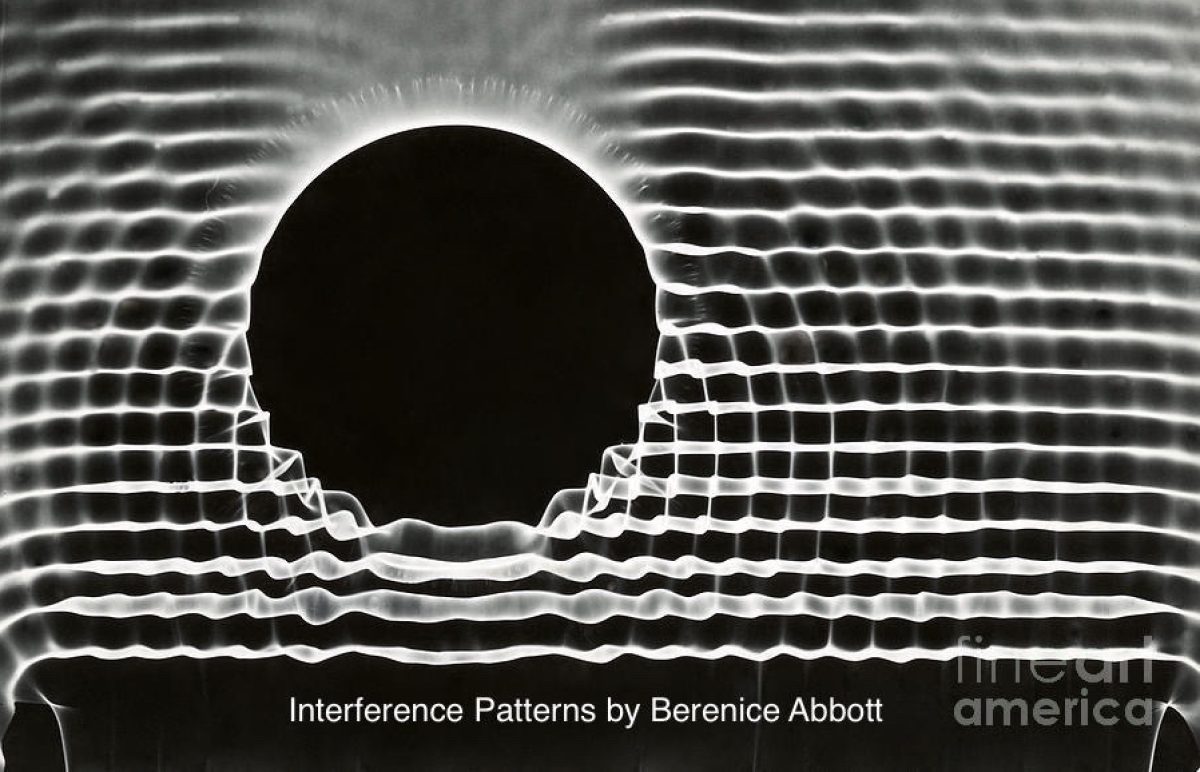The most traditional and still quite popular belief regarding consciousness is technically known as “dualism”. This is to say that consciousness doesn’t exclusively exist by means of causal dynamics associated with our realm, but rather comes from beyond. Thus “dual existence”. From this perspective it may essentially be said that we have “souls”. Here consciousness can be considered supernatural, magical, spooky, and so on. Though I can’t technically deny such a possibility, observe that metaphysically this would put consciousness beyond scientific exploration. I’ll continue to presume that a reasonable rather than faith based answer ultimately exists.
There’s also a far less popular backwards path to supernatural consciousness. “Idealism” postulates that a causal world itself does not exist, but rather just consciousness which creates perceptions of a nonexistent causal world. So here everything’s essentially imagined. Sometimes this is posited solipsistically, which is to say that you personally must be the only experiencer of that imagined world, while other times it’s thought that the apparent consciousnesses that you perceive others to have are also distinct experiencers of existence like yourself. And why would your imaginations correspond with the imaginations of other magical consciousnesses? Perhaps more magic? Regardless I’ll continue to presume a reasonable rather than faith based explanation for consciousness.
Panpsychism has become a somewhat popular explanation in modern times as well. As I understand it there isn’t a general inclination to believe that all things hold varying levels of phenomenal experience, but instead people sometimes fabricate consciousness formulas that seem sensible to them, though once analyzed those formulas tend to suggest that everything’s at least a little bit conscious. One such example would be Giulio Tononi’s Integrated Information Theory (IIT) originally proposed in 2004. While he initially seemed to agree that his proposal posits that everything’s at least a little bit conscious, he later objected. Apparently few grasp his theory well enough to understand why consciousness isn’t universal under IIT.
The consciousness proposal which is most popular in academia today however, goes under names like “computationalism”, “functionalism”, and “illusionism”. The essential premise is not only that the brain functions as a computer (which is certainly consistent with McFadden’s cemi), but that consciousness arises by means of the right information processing alone. I consider this proposal causally truncated however because processed information should only exist as such to the extent that it informs the right sort of thing. For example the processed information which your computer sends its screen should only be informative in respect to something like a computer screen that’s causally affected by that information. Otherwise this should merely be considered potentially informative to such an instrument. The implication is that there must be something that processed brain information informs to exist as consciousness itself. Other than the electromagnetic radiation associated with neuron firing, I’m not aware of a second reasonable possibility regarding what processed brain information might inform to exist as consciousness.
There are several strange implications of computationalism/functionalism/illusionism however, one of which I’ll discuss in the next post.

One thought on “Post #3: What are some prominent ideas that compete with McFadden’s proposal?”